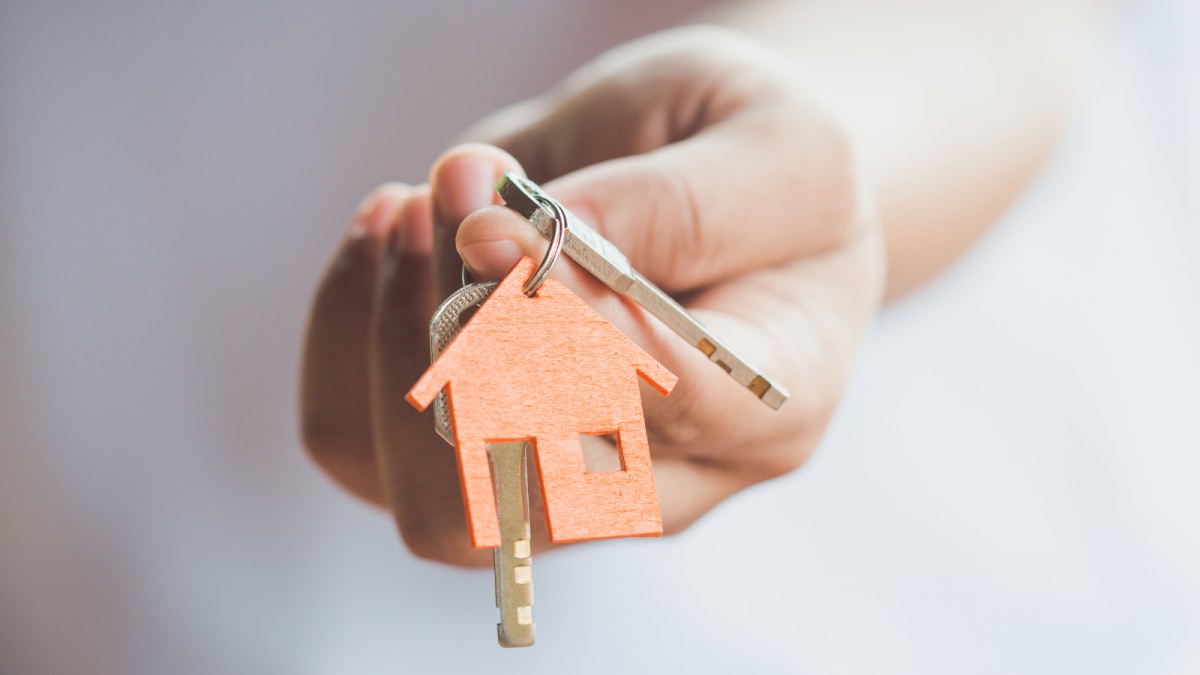Last Updated:
In a country where emotional and financial dependence on family after retirement has long been the norm, reverse mortgage is quietly changing the narrative

No need to sell or vacate your home for reverse mortgage.
For most people, the fear of financial instability after retirement looms large. Once the regular paycheques stop, many find themselves relying solely on savings or the goodwill of their children. But what if the house you live in could itself become your steady source of income? That’s exactly what the Reverse Mortgage Scheme aims to do; turn your home into a monthly pension without requiring you to sell or vacate it.
A reverse mortgage is a financial product designed specifically for senior citizens, typically above the age of 60, who own a fully constructed home. Unlike a regular home loan where borrowers pay monthly instalments to the bank, in a reverse mortgage, the equation is reversed; the bank pays the homeowner. The house is mortgaged to the bank, but the borrower continues to live in it for life, receiving regular payments as income.
Under this arrangement, the bank evaluates the market value of the property and determines the amount the homeowner can receive, either as a lump sum or in monthly instalments. The payout depends on factors such as the property’s worth, the borrower’s age, and the terms agreed upon. For instance, if a home is valued at Rs 50 lakh, the bank may provide Rs 20,000 to Rs 30,000 a month as a steady income stream, effectively acting like a pension.
The best part? There are no monthly repayments required during the lifetime of the borrower. After the homeowner’s death, the bank recovers its dues by selling the property. However, the legal heirs have the option to retain the house by settling the outstanding loan amount. In cases where the property value exceeds the loan amount, the balance is returned to the heirs.
Approved by the Reserve Bank of India (RBI) and supported by the Centre, the scheme is currently offered by several major banks including State Bank of India (SBI), Punjab National Bank (PNB), and select private lenders. To qualify, the applicant must be above 60 years of age, and the property should be self-occupied, free from any existing loan, and located within the country. In the case of jointly owned property, both owners, typically husband and wife, must be part of the agreement.
Financial planners see reverse mortgage as a viable solution for India’s growing elderly population, particularly those without pensions or other sources of income but who own valuable real estate. It allows senior citizens to maintain financial independence and dignity in their later years, turning a once illiquid asset, their home, into a reliable stream of funds.
October 28, 2025, 18:05 IST
Read More







